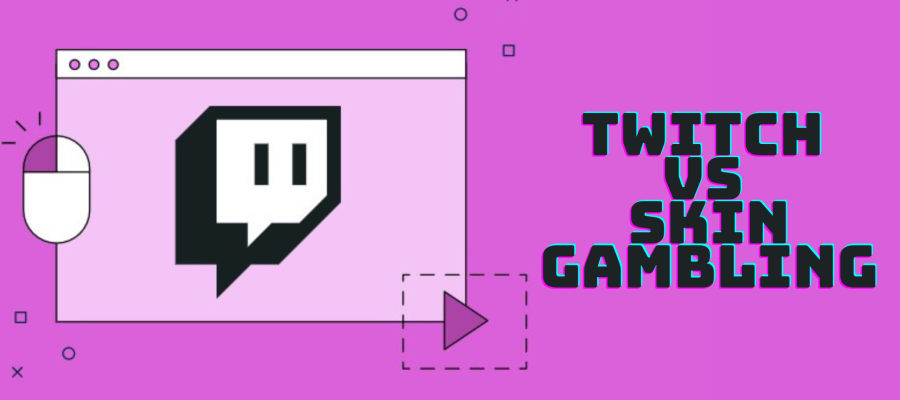Twitch’s Bold Move Against CS:GO Skin Gambling

In a recent and commendable move, Twitch announced its policy changes, explicitly banning the promotion or sponsorship of CS:GO skin gambling. For those unfamiliar, CS:GO skin gambling refers to the act of using virtual in-game items from the popular game Counter-Strike: Global Offensive as a betting tool on various online platforms. This practice, mired in legal and ethical disputes, has emerged as a point of contention in the gaming world.
Unmasking CS:GO Skin Gambling
CS:GO skins, essentially cosmetic enhancements that don’t impact gameplay, have evolved into highly sought-after virtual assets. These skins can be bought, sold, or traded for real money. Their perceived value led to the rise of platforms where users can gamble these skins in games ranging from roulette to coin flips.
The ethical complications are vast: issues of underage gambling, potential fraud, money laundering, and addiction have cropped up in association with these platforms. Some notable scandals have tarnished the reputation of several streamers and eSports organizations, given that many of these gambling platforms become prominent sponsors in the eSports realm.
Twitch’s Evolving Stance
Twitch, staying true to its community standards and seeking to avoid potential legal quagmires, has revisited its policy on CS:GO skin gambling. This pivot wasn’t just a sudden whim. Concerns about legal liability, user safety, and maintaining a healthy community environment played significant roles in this decision.
Those who flout this policy risk stringent consequences. Streamers found promoting or being sponsored by skin gambling sites might find their accounts suspended or, in egregious cases, permanently terminated.
Implications of the Ban
Many streamers rely on sponsorship deals from skin gambling sites to support their careers, while many viewers enjoy watching streamers gamble with skins or participate in giveaways. Twitch’s ban could mean that streamers will have to find alternative sources of income or risk losing their accounts, while viewers will have fewer options to watch or engage in skin gambling activities.
Twitch’s ban could also affect the demand and supply of skins in the market, as skin gambling sites may lose customers or revenue. This could lead to changes in the prices and availability of skins, which could affect the economy and culture of CS:GO.
However, Twitch’s ban may also have positive effects, such as reducing the risks and harms associated with skin gambling, improving the reputation and credibility of CS:GO esports, and encouraging more responsible and ethical gaming practices.
Conclusion
The world of CS:GO skin gambling, despite its allure for many, remains shrouded in ethical and legal ambiguities. Twitch’s decision to distance itself is both a testament to the platform’s integrity and a potential sign of larger industry shifts on the horizon. While the immediate repercussions for streamers and advertisers are palpable, the long-term implications for the CS:GO community and digital gambling at large remain to be seen. In the digital age, where lines between reality and the virtual often blur, clear guidelines and regulations are not just welcome – they’re imperative.